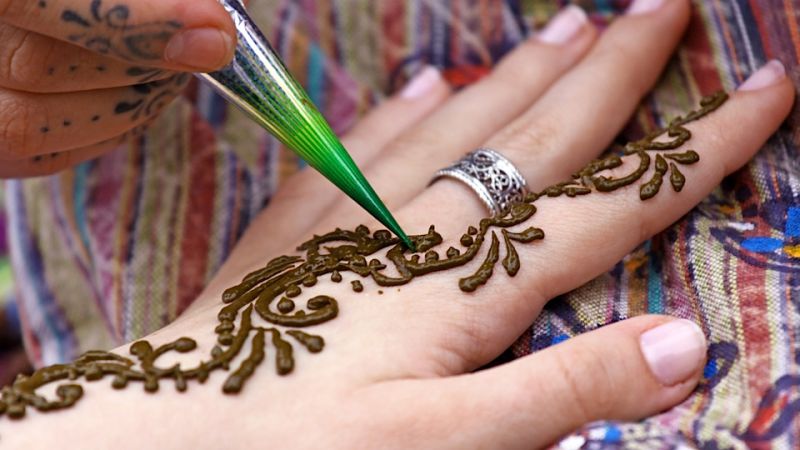Indonesians love to eat.
Be it in an event, gathering, get-together, or just a simple accidental meeting with someone on the street, there will always be food. Regardless of the situation (formal or informal), people will sit together, talk, and eat. Seems fun and simple, right?

But, Indonesians have a different eating etiquette which should be learned by those visiting Indonesia or the home of an Indonesian.
Here are some eating or dining etiquette you should know if you are new to Indonesia:
- Eat or pass food with your right hand only, or with both hands. Using left hand to pass or eat food is considered impolite.
- Not all Indonesians own a dining table. Don’t be surprised if the host asks you to sit on the floor where the foods are served. While sitting, make sure that you sit in a position where the soles of your feet are not showing. “Duduk bersila” or cross legged position is acceptable.
- It is not common to use fork and knife on Indonesian dining table, unless you are at a restaurant. Some people find that using only spoon is enough.
- Depending on the situation, eating using bare hand is also not a strange thing in Indonesia, especially if the food is dry (without soup or gravy). When you want to pick some food from a serving plate, it’s better to use a spoon or fork.
- In certain situation you will find small bowls filled with water and lime slices on the table. This is not soup or drink, this is called “kobokan” and you are supposed to wash your hands before meals using this water. We know, this is far from hygienic, but this kind of thing is very common in Indonesia.
- Food is often taken from a shared dish in the middle. You will be served the food and it would not be considered rude if you helped yourself after that.
- Let the elders take food from the communal dishes and eat first. Guests are to ask for permission to eat which is usually granted by the elders. Or else, you can wait to be invited to eat before you start. When the host says “Silakan” or “Please”, you can help yourself with the food.
- Eating with closed mouth when you chew your foods, without noise. Close your mouth when you cough or sneeze.
- Do not fiddle the food with your utensils.
- Don’t lean your back to the seat’s back and fold your hands when you’re at dining table.
- Don’t pick foods from someone else’s plate and don’t ask for foods from someone else’s plate as well.
- Don’t be surprised if there is no napkin on the table. Tissue (rolled tissue) is a more common thing.





